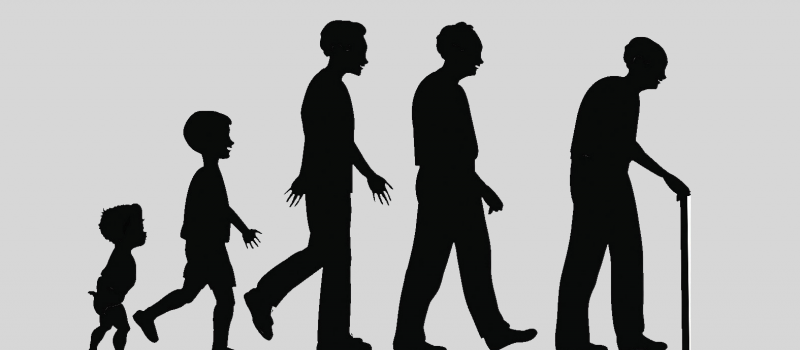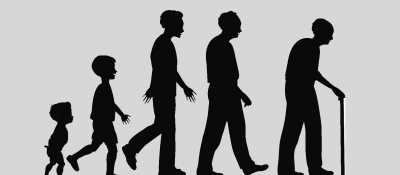British government analysts have created an online calculator that estimates the life expectancy of individuals and their chances of living to 100 years old. It is now expected that one in five girls born in Britain will reach the age of 100, while the Office for National Statistics states that boys born in the same year have a slightly lower chance of becoming centenarians—13.6 percent (one in eight)—consistent with the historical trend of women living longer than men.
The agency noted that, on average, boys born in 2020 can expect to live to 87 years, while girls are likely to exceed 90 years. Despite the figures showing that children born today are more likely to live longer than their parents, experts have warned of a halt in improvements in average life expectancy. Progress in the UK had already stalled before the onset of the coronavirus crisis, which sparked much debate about potential causes; some attributed it to health cuts and austerity measures, while experts fear that the pandemic has exacerbated the problem, with signs already indicating a reversal of some gains achieved in recent decades.
Separate figures from the United Nations population division indicate that the overall life expectancy in the UK, across ages and genders, is around 81.5 years. This means that the UK ranks 29th in terms of the highest average life expectancy in the world, with Hong Kong topping the global chart at 85.3 years. By comparison, the United States ranks 46th with an average of 79.8 years.
Data from the Office for National Statistics indicates that people aged 65 in the UK can expect to live an average of 19.7 more years if they are male, or 22 years if they are female. This is expected to increase to an additional 21.9 years for men and 24.1 years for women who are 65 by 2045. Analysts predict that the life expectancy for children born in 2045 will reach 90.1 years for boys and 92.6 years for girls, but data also indicates that girls born in 2020 are now expected to die about five years earlier than previously projected in 2021.
The findings revealed a decrease in life expectancy for women in approximately 18.7 percent of neighborhoods between 2014 and 2019, averaging two months, while it declined for men in about 11.5 percent of communities, averaging one and a half months, according to the Daily Mail.




